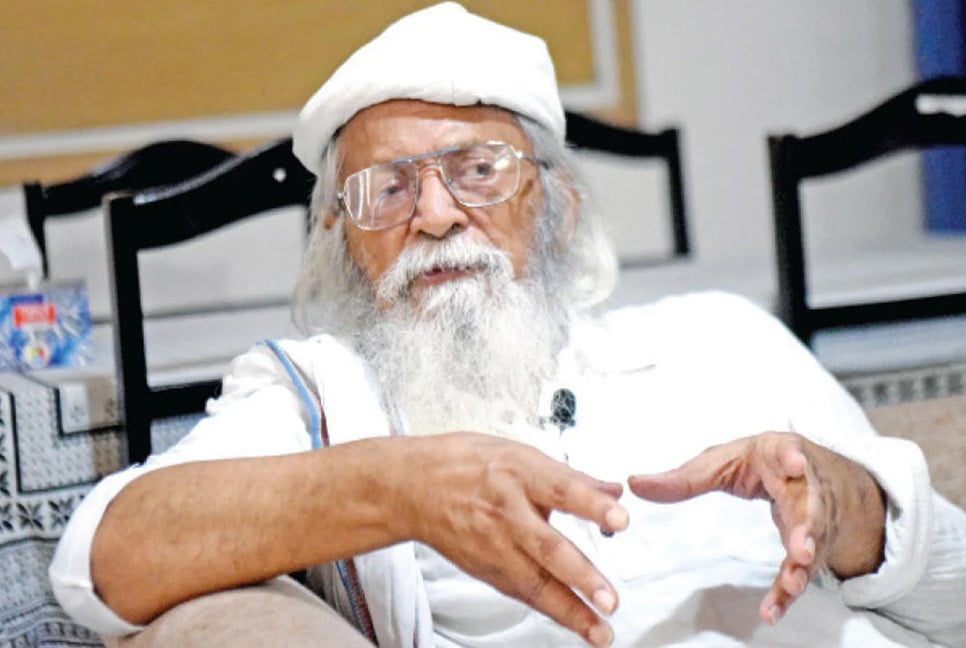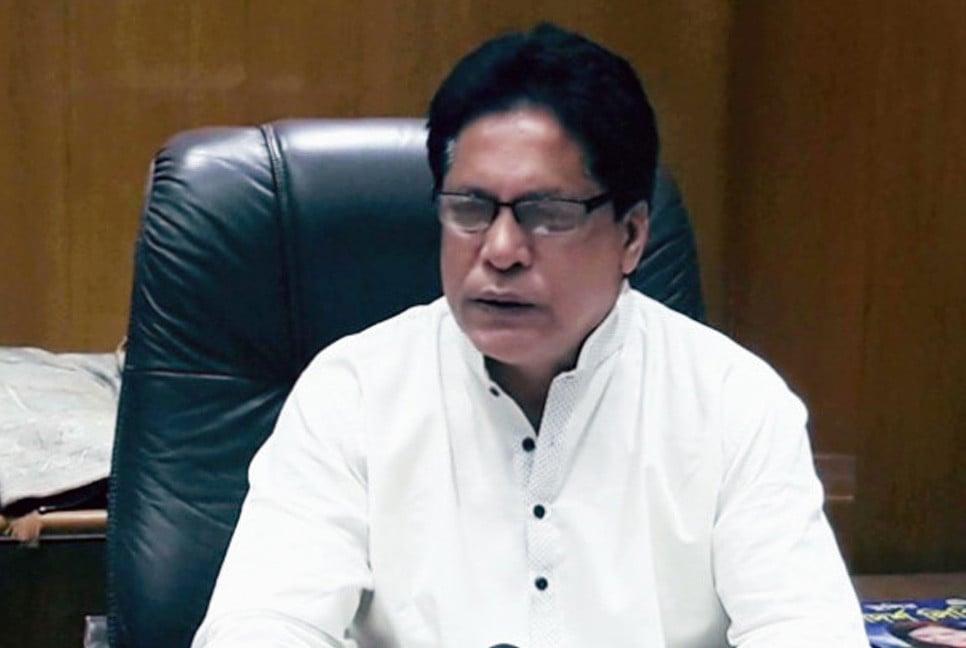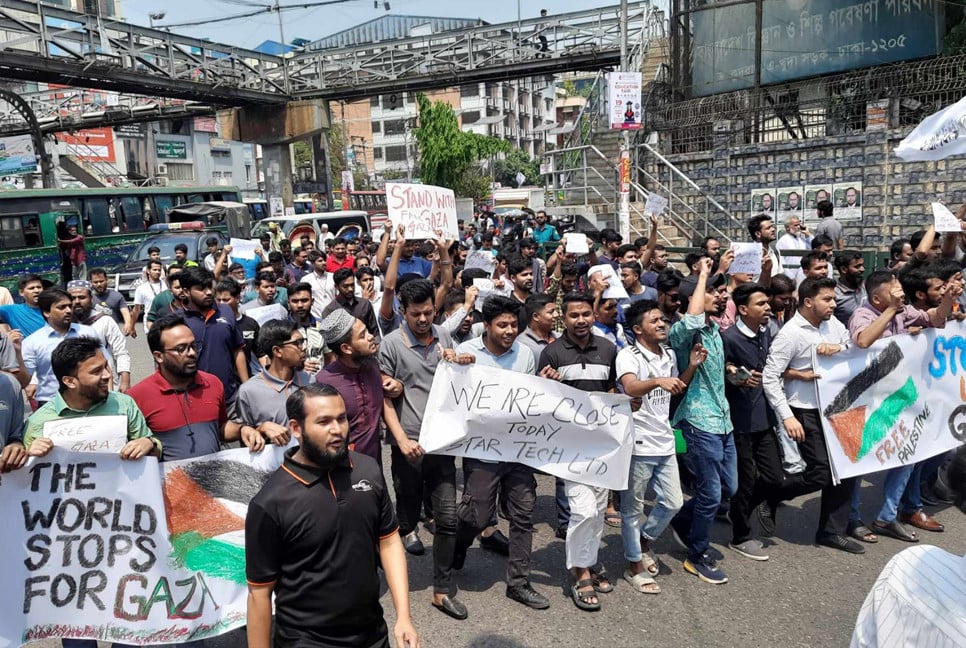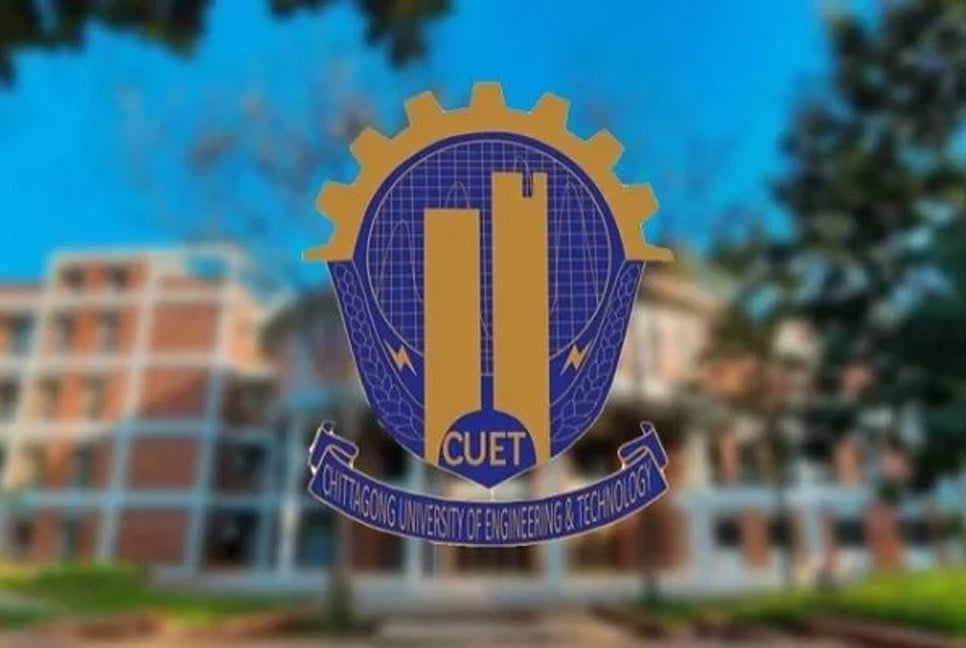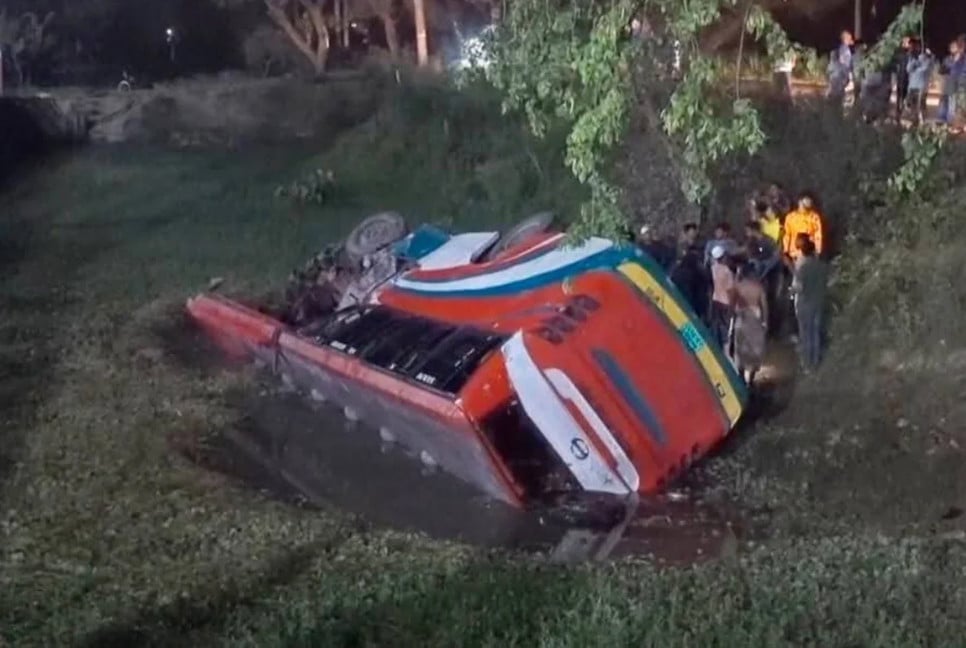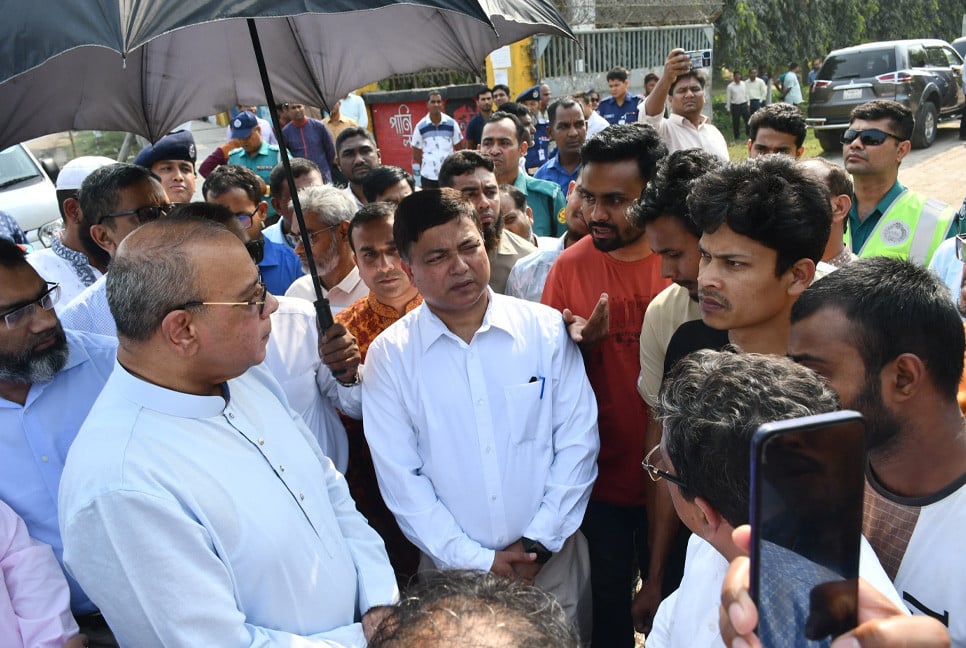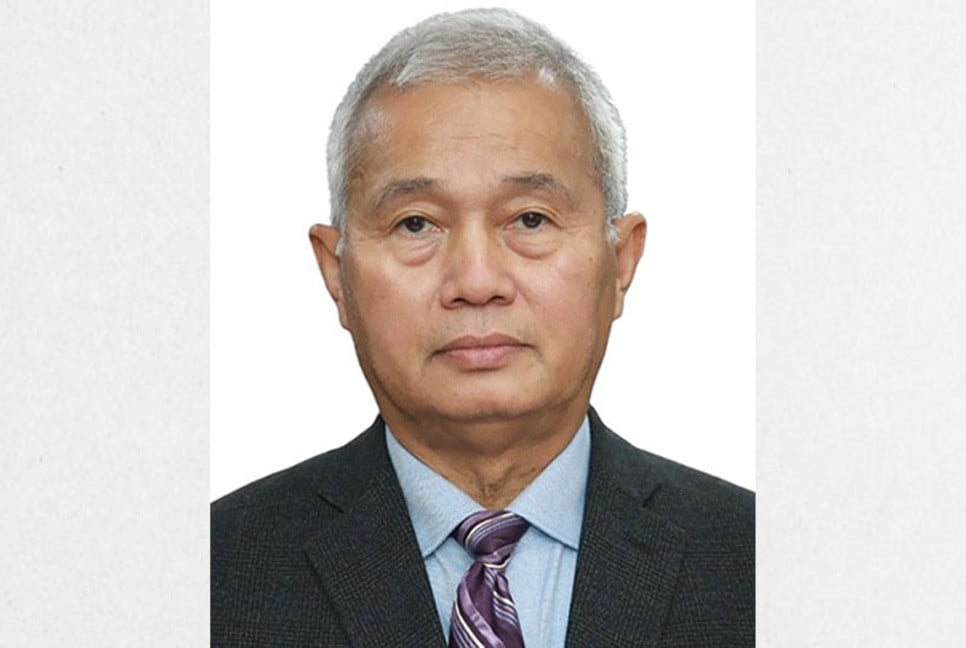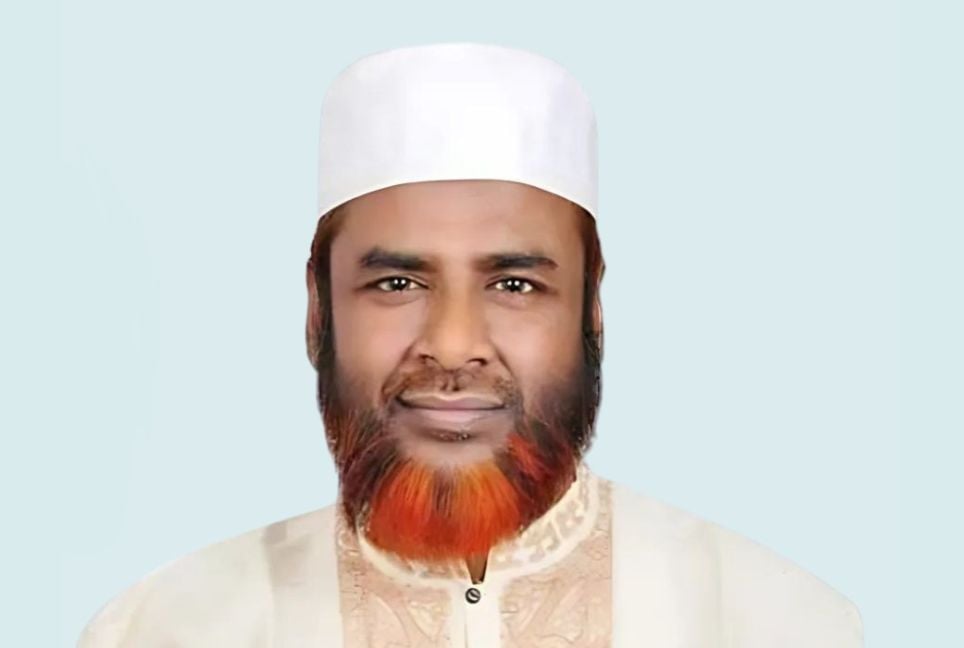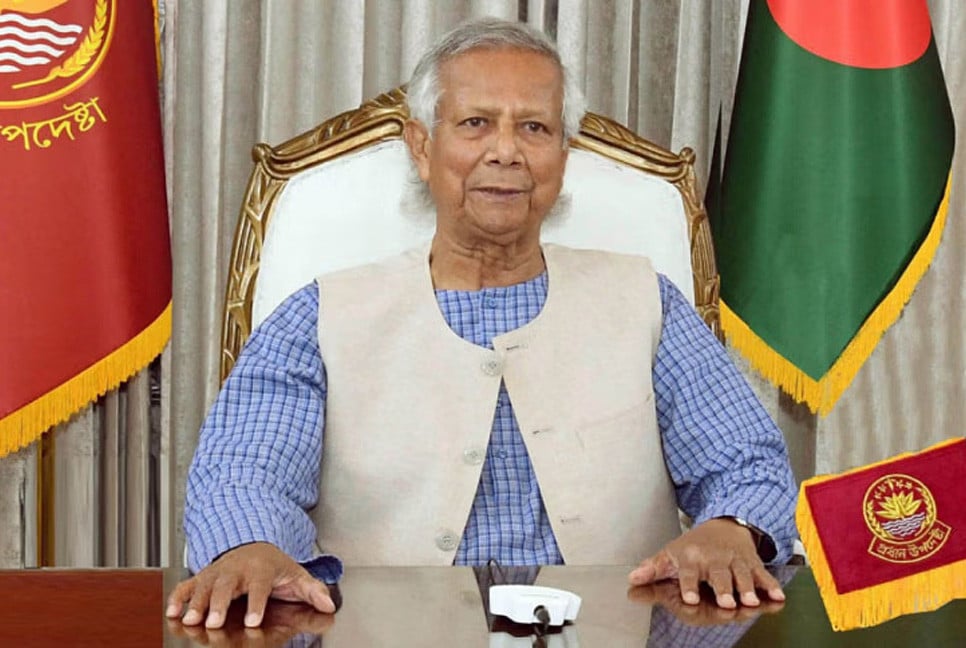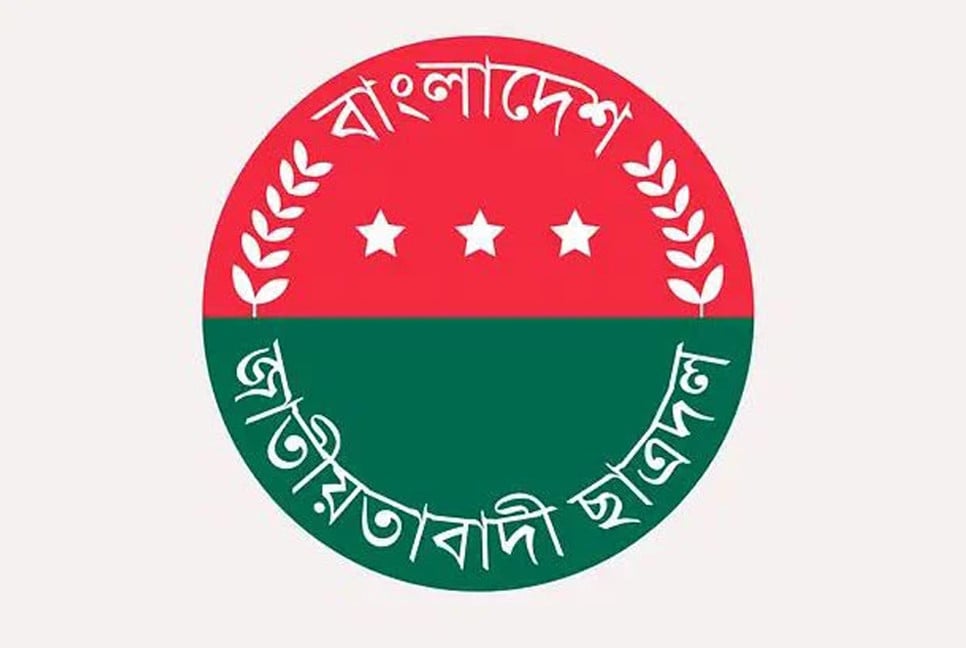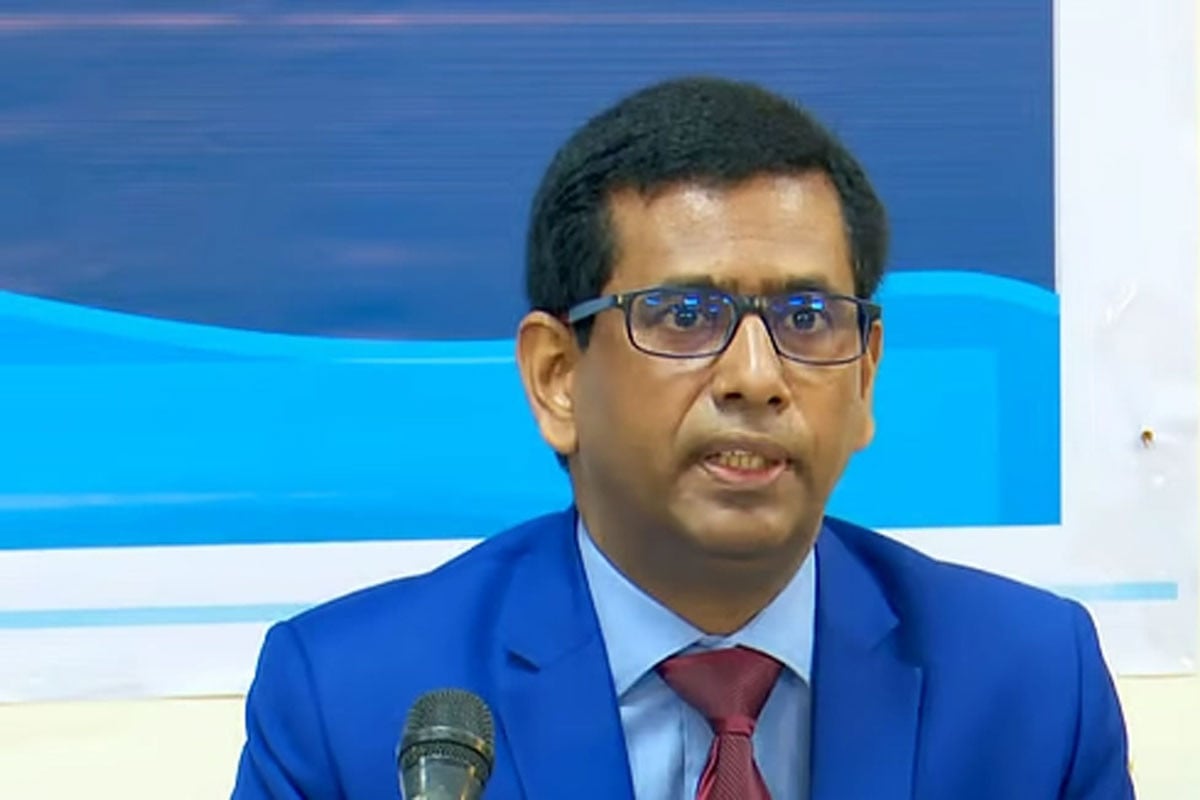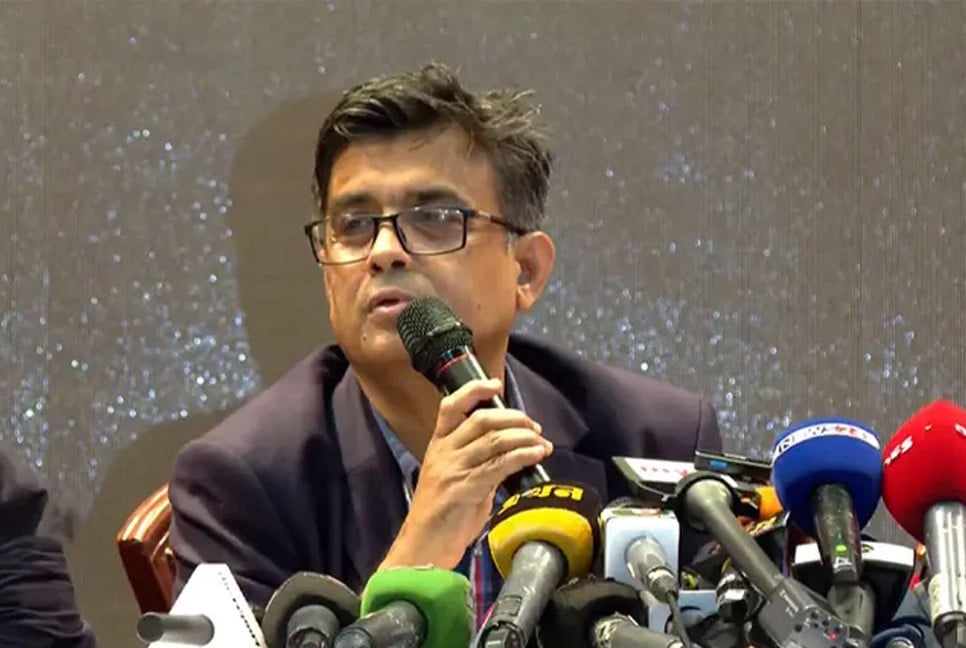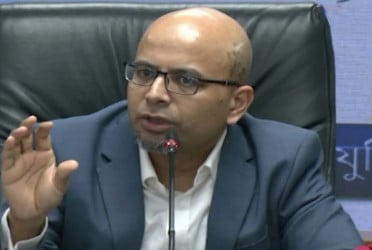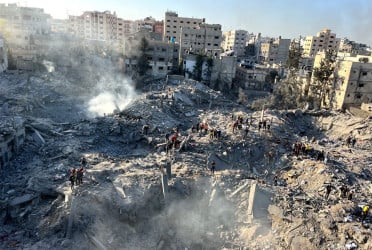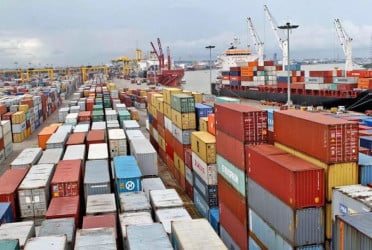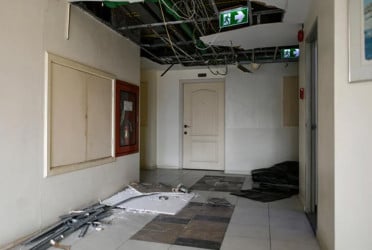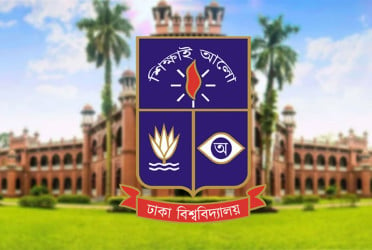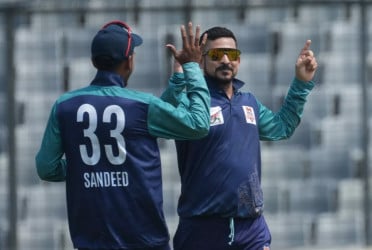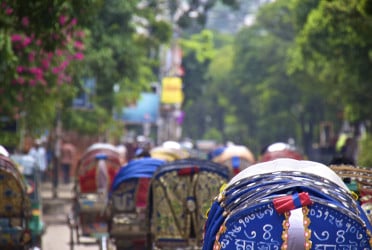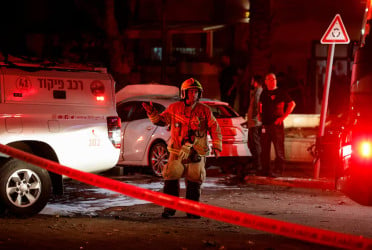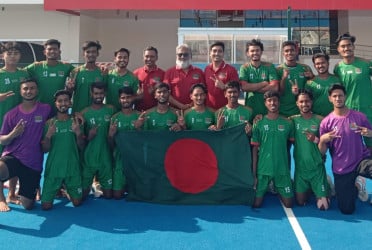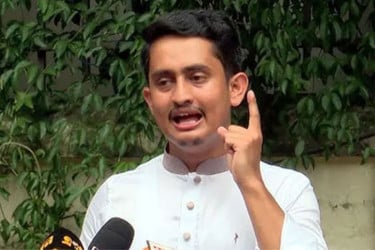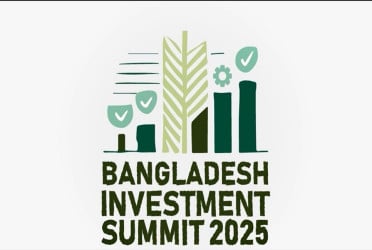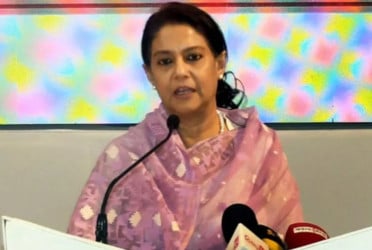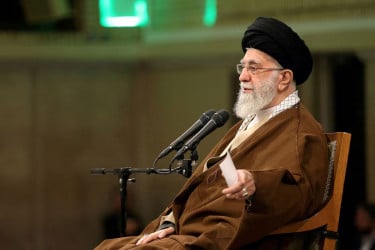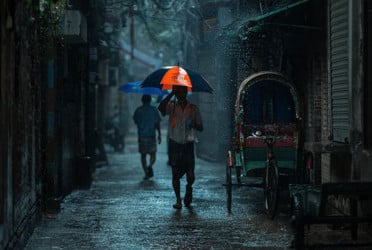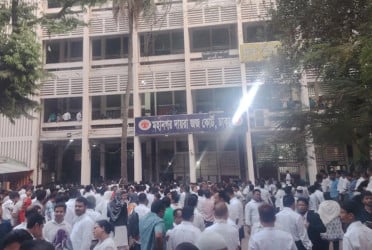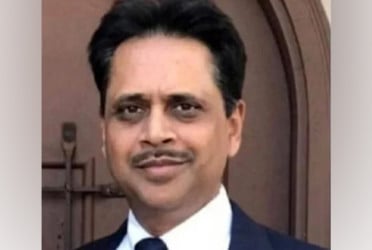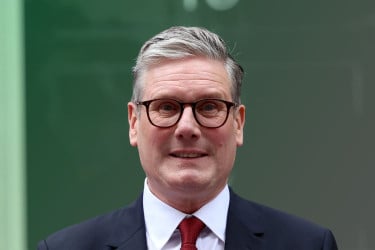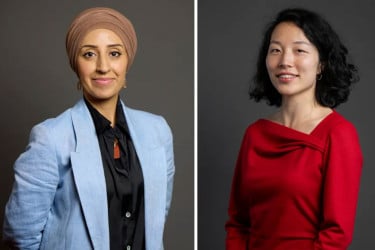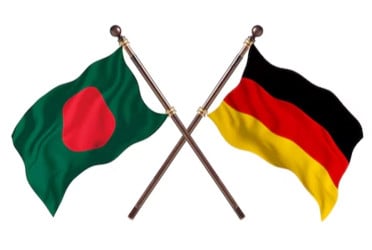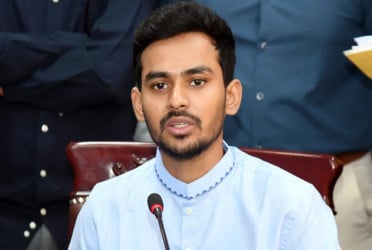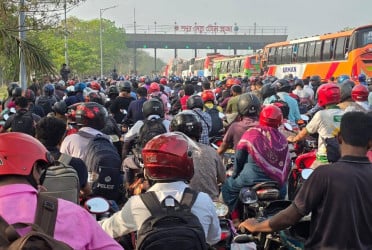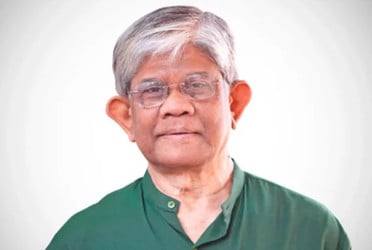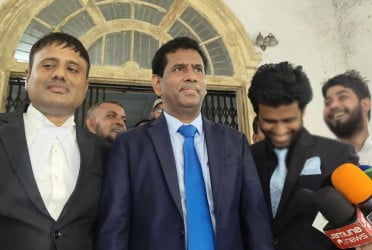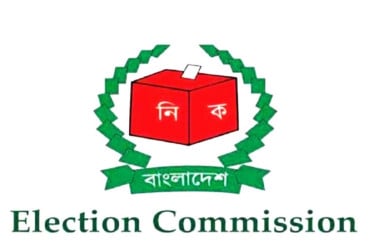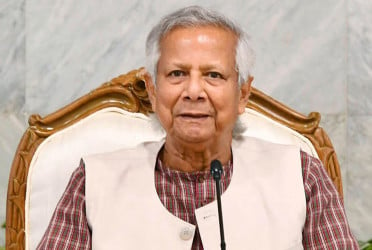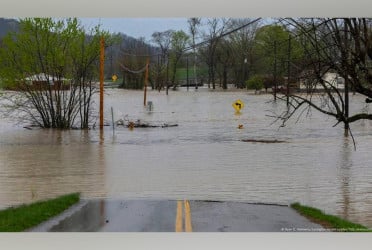Farhad Mazhar is a philosopher, researcher, poet, human rights activist, and environmentalist. He is regarded as a key figure in the unprecedented uprising of students and citizens in Bangladesh on 5 August. In an interview with the Bangla daily Kaler Kantho, Mazhar discussed his vision for the state, the weaknesses of the interim government, whether the government is on the right track, the desired framework for the state’s constitution, strategies to counter misinformation from neighboring countries, defense policies, the duration of the current government, and the possible timeline and approach for the next election.
Question: What is your assessment of the current political reality in Bangladesh?
Farhad Mazhar: Understanding the political reality of Bangladesh is a vast subject. One way to approach it is to examine the political debates, such as those surrounding the Constitution. There are three main streams of thought regarding this in political circles:
One group believes the existing constitution is valid and should remain unchanged. They argue that the caretaker government was formed under the old constitution, but no such government exists within it. This contradiction has led to significant challenges.
Another faction advocates for constitutional reforms while swearing to preserve and protect the constitution—a self-contradiction they fail to acknowledge. This has created an unstable situation both politically and legally. Any shift in the balance of power could easily weaponize the constitution to target the caretaker government.
A third approach advocates for forming a fully empowered interim government through a proclamation following a mass uprising, aimed at implementing the sovereign will of the people and establishing democracy. However, instead of taking this route, a military-backed caretaker government was formed under the existing authoritarian constitution, which has no legal basis.
The alternative to this would have been drafting a new constitution after the mass uprising, reflecting the collective aspirations of the people. This would have been a democratic process ensuring the sovereign will of the people.
Question: Why is establishing democracy based on the people’s sovereign will essential?
Farhad Mazhar: Following a military coup, military rulers suspend the constitution and govern through proclamations or orders. When the people themselves become the agents of an uprising, it is entirely feasible to annul the existing constitution and form a fully empowered interim government to govern through democratic proclamations. Unfortunately, this was not done, and the consequences of this foundational error will continue to manifest in various ways.
Military rulers often create political parties to consolidate power and use constitutional amendments to legitimize otherwise illegal regimes. This has been accepted in the past. However, after such a massive uprising, the interim government did not take power on behalf of the people but instead swore allegiance to an authoritarian constitution under a fascist president. This failure to declare the full victory of the uprising was a critical mistake.
It was necessary to declare that the country would now be governed by the orders of the interim government rather than outdated constitutional provisions. The people's sovereign power should have been established through legitimate proclamations. This fundamental truth—that democracy is the realization of popular sovereignty—remains absent from our political discourse.
This historic failure will cost us dearly, as we continue to speak of democracy without understanding its essence.
Question: What are your thoughts on the Constitution of ’72? What’s likely to happen now?
Farhad Mazhar: After the independence of Bangladesh in 1971, the people of the newly liberated country were unable to draft a new constitution through a Constituent Assembly election. However, the right to politically constitute themselves is a fundamental political right of any people.
Legally speaking, the Constitution of 1972 was derived from Pakistan’s constitution. Those who had been elected to Pakistan’s National Assembly and Provincial Assemblies under the military’s Legal Framework Order were the ones who drafted the ’72 Constitution. Furthermore, during the Liberation War of 1971, the Declaration of Independence articulated three core principles—equality, human dignity, and social justice. These principles were disregarded and undermined by the Bengali nationalist fascist forces, represented by the Awami League, which deprived the people of Bangladesh of their political rights.
In the wake of a mass uprising, the fascist Awami League has been mostly defeated. However, despite their decline, the remnants of old fascist and anti-democratic ideologies, legal frameworks, and judicial processes still persist. This resilience allowed them to orchestrate a "constitutional counter-revolution."
The ’72 Constitution is ideologically rooted in Bengali nationalism, forming the foundation of the Awami fascist regime’s ideology. The so-called Constitution of 1972 embodies Bengali nationalism, socialism, and secularism—elements that have served as a basis for fascist authoritarianism, concentrating power in the hands of an individual. Although Sheikh Hasina has been ousted from power and has fled the country, the persistence of the fascist constitution and the oath-taking under a president appointed by Hasina signify that the ideological and legal foundations of fascism remain intact under the guise of constitutional continuity. This continuity seeks to preserve the old regime's structure.
When a mass uprising occurs, it reflects a popular will and expression. A constitution, therefore, must be the ultimate expression of that will. The people’s participation in a mass uprising underscores the democratic principle of popular sovereignty, affirming that the people themselves are sovereign. This sovereignty is not established through laws or elections alone but through the legitimacy granted by the people as an expression of their collective intent. A state is formed through this collective will, and its ultimate manifestation is a mass uprising. Hence, democracy stems directly from such uprisings.
The current government is not entirely based on popular sovereignty. While they claim to be reforming the constitution, their allegiance to preserving the old constitution exposes contradictions and lacks legal validity. A government founded on an illegitimate basis cannot sustain itself. They must openly declare themselves as an interim government elected by the people's uprising.
Question: What is the role of this government? What responsibilities must it undertake?
Farhad Mazhar: The government must establish democracy by fully implementing the sovereign will of the people. There are two schools of thought regarding this government's role. One suggests that the government should form commissions and implement reforms. The other argues that democracy must be realized in alignment with the aspirations of the people's uprising. This requires engaging directly with the people by organizing meetings in divisions, districts, upazilas, unions, and villages to understand their vision for the state. The government must consult representatives from political, social, cultural, religious, and civil sectors to discern the people's desires and aspirations. Media can play a crucial role in this endeavor.
The interim government has shown a positive approach by engaging with political parties. However, political parties are not synonymous with the people, nor do they solely represent popular sovereignty. There exists a misconception in society that political parties embody public interest. This belief has led to a constitution that centralizes power in the hands of an individual, enabling authoritarian tendencies. Political parties have failed to offer anything beyond constitutional autocracy, prompting uprisings against them as well. The people’s movements had no leadership from political parties.
Political parties often argue that dialogue with them suffices, negating the need to engage with the people. However, while discussions with political parties are necessary, they should not take precedence. The interim government must prioritize direct communication with the masses, including farmers, workers, and marginalized communities, ensuring they can voice their aspirations. It must also consider the demands of small ethnic groups and religious minorities.
For example, members of the Hindu community have presented an eight-point demand through their coalition, bypassing political parties. They claim that political parties have historically exploited them, so they now wish to articulate their needs independently. Similarly, labor unions argue that political parties do not represent their interests, emphasizing the need for direct dialogue with workers. Given that Bangladesh remains an agrarian society, the government must also engage with farmers and rural communities to understand their perspectives.
While the government’s discussions with political parties are positive, it is risky to strengthen their dominance by sidelining the people. The government must engage with all sectors of society to discern public aspirations and draft a new constitution based on those inputs. It is the government's duty to present a proposed constitution and facilitate the election of a constituent assembly, rather than a government. The constituent assembly will deliberate on the draft constitution, allowing for debates and discussions, and finalize it through a referendum. Once approved by the people, the constitution will become a legally binding document. Elections will then be held under the new constitution to form the government people desire.
Moreover, elections must not be limited to the central government; local governments must also be elected to ensure grassroots representation.
Question: Political parties are demanding quick national elections. What is your opinion on this matter?
Farhad Mazhar: To establish democracy by fully realizing the sovereign will of the people, Bangladesh must overcome the ongoing struggle between fascism and the people. Two conflicting dynamics exist: one demands elections, while the other emphasizes intensifying the process of drafting a new constitution. Those advocating for elections represent fascist forces. However, the primary responsibility of the current government is to identify and fulfill the ultimate will of the people. Until this interim government accomplishes this task, it is every citizen's duty to support it.
Once a new constitution is established, if the BNP wins an election, it will come to power. If Jamaat wins, they will also assume power. However, critical questions remain: will the Awami League be allowed to participate in elections with its fascist tendencies? Will politics under the name of the Awami League be permitted in Bangladesh? The people’s will must determine whether organizations like Chhatra League, already banned, lead to the eventual banning of the Awami League. Similarly, Jamaat-e-Islami, a party that opposed the aspirations of the people during the Liberation War and supported the massacres of March 25, must answer whether it can participate in politics under its current name. This is a crucial issue for the drafting of Bangladesh’s new constitution.
Although I appreciate the current leadership of Jamaat-e-Islami, especially its Ameer Dr Shafiqur Rahman, who I consider wise and visionary, I question why they insist on retaining the name "Jamaat-e-Islami." Retaining this name indirectly sustains the opposing force, the Bengali nationalist fascist Awami League. Our political ailments need to be cured, and these questions require resolution. We have overcome extreme Bengali nationalism—shouldn’t we also confront religious nationalism? The rise of extreme religious nationalism, which opposes others’ rights and desecrates sacred spaces, is a significant political issue. Democracy means resolving such self-destructive issues.
Once again, elections alone do not signify democracy. The interim government must recognize that it is a people-elected government born of bloodshed and popular uprising. Its legitimacy lies in its ability to represent the people's will. Despite its weaknesses and mistakes, the military-backed caretaker government remains aligned with the right path. The observed shortcomings reflect a lack of intellectual and political awareness among us. Citizens outside the government must ensure it does not deviate from the true course.
Question: How do you view the duration of an interim government? What kind of defense measures do you think are necessary? What is your opinion on the recent anti-Bangladesh propaganda coming from a neighboring country?
Farhad Mazhar: First, let’s discuss the duration. For example, when Sayed (Abu Sayed) embraced martyrdom with raised hands, he certainly had a vision for the kind of Bangladesh he desired. Similarly, when Mughdho was shot while distributing water to protesters, crying, "Water needed, water," he too had aspirations for a new Bangladesh. About 1,500 martyrs had such visions for a new nation. The interim government should stay in place as long as necessary to write down the unrecorded aspirations of these martyrs.
In the meantime, our efforts should focus on empowering the interim government fully and, if required, assisting in its reformation. If it performs well, we should support it. Political parties also need to cooperate. The quicker we can draft these unwritten aspirations, pass them in the Constituent Assembly, and approve them through public referendum, the sooner the interim government's tenure will conclude. After that, elections will follow. However, if political parties obstruct this process, the people might not accept it. Those of us speaking on behalf of the people must strengthen the process of documenting the aspirations born out of the mass uprising so we can quickly move toward elections for the Constituent Assembly. With political cooperation, elections could occur within two to three years. Without it, we must wait until we have a new constitution.
Question: Do you think the aspirations of the diverse groups in the anti-discrimination movement align?
Farhad Mazhar: Yes, their aspirations are aligned. They all sought the end of a fascist regime. If their aspirations had been different, entities like BNP-Student Dal and Jamaat-Student Shibir would have participated under their own banners, but they did not. Instead, they joined under a shared banner with the same aspiration. Assuming their goals are different is incorrect. The binary of Islamic vs. secular ideologies in Bangladesh was dismantled long ago, particularly during Hefazat's movement in 2013. The new generation doesn’t carry these outdated binaries, nor should they.
Political parties are disorganized because they fail to understand the youth's aspirations and ambitions in these movements. Old political factions repeatedly create chaos. The younger generation, however, is clear about what they want.
Question: Do you believe a Shibir activist desires justice, equality, and dignity any less than others?
Farhad Mazhar: Of course not. Shibir activists, like those from leftist organizations, want justice, equality, human dignity, and a balanced environment. The so-called left vs. Shibir divide is an outdated, irrelevant binary. We must move past such misconceptions.
Take the example of restoring rivers—do the left and Jamaat-Shibir have differing views on this? Or consider reforestation efforts after reclaiming destroyed forest lands—there’s no disagreement on this either. Forest dwellers, often marginalized communities, are the primary guardians of forests. Their rights must be restored, and everyone agrees on this, regardless of political affiliation.
Similarly, if the rights of Hindu minorities are violated, wouldn’t Shibir activists stand by them? Shibir members themselves have often been victims—discriminated against or branded as militants simply for wearing traditional attire or attending madrasas. Labeling someone as an agent of Delhi or BJP for advocating Hindu rights is a practice rooted in outdated politics and must stop.
Temples and shrines are not just religious landmarks; they are part of our nation’s heritage and history. Shrines, for example, are closely tied to the history of Islam’s spread in this region. Destroying such landmarks is an act resembling the Zionist policies of Israel, which we’ve seen in the West Bank. Those involved in such activities are no different than agents of Mossad or R&AW, working to erase the history of Islam and this subcontinent.
Protecting archaeological sites and cultural landmarks is a political act as well. By preserving these sites, we can turn Bangladesh into a major tourist destination, fostering awareness of history and heritage among the new generation. They must be taught to think beyond such destructive ideologies.
Question: You were discussing the defense system; what should it look like? How do you view the recent hostile propaganda by a neighboring country about our interim government?
Farhad Mazhar: It's not just about the interim government; there is some extreme and bizarre propaganda in India targeting Bangladesh and its people. These are baseless. I wouldn’t have believed how farcical journalism could become without seeing some media in West Bengal. It's better for us to ignore such absurd propaganda. Our priority should be to strengthen ourselves. We must learn to think calmly, keeping geopolitical realities in mind.
The first reality is that India has sheltered the killers of Sheikh Hasina and other figures in Bangladesh. For Delhi, providing refuge to such killers could lead to severe diplomatic consequences. Even if not immediately, Delhi will eventually face questions about this. They are aware of this and thus, as a strategy, are playing the "Hindu card" or "minority card" to prevent Bangladesh from raising the issue of sheltering these killers. India will, at any cost, attempt to destabilize Bangladesh and rehabilitate these killers.
A stable Bangladesh is a prerequisite for economic development. Progress or economic growth can turn Bangladesh into a regional economic power with political and cultural influence that will inevitably impact the adjoining Indian states. This is where the Hindutva-driven Indian government and Delhi feel threatened. Consequently, they will propagate various falsehoods. While the Indian government may not officially comment, it will continue its propaganda and incitement through different channels. That is what is happening now, and there is no need to be disturbed by it.
My criticism of this government is different. As I have mentioned before, I do not see this government as a proper interim government. What we currently have is a military-backed caretaker government with very limited power. Furthermore, some anti-public individuals have entered this government, making it weaker. Despite having limited power, the government is trying to manage the situation as best as possible.
In this context, what we need is to strengthen the demand for forming a fully empowered interim government. To achieve this, as I have repeatedly said, this government must declare that it is assuming full executive authority as an interim government, given the current political situation in Bangladesh. It must state that it is neither an advisory government nor a caretaker government. Until a new constitution is drafted, the state will operate under existing laws, except for those that conflict with international human rights standards, which will be repealed.
If this happens, Prof Muhammad Yunus could lead the interim government as its chief or as a fully empowered executive president. The country would then be governed under his orders and directives. In such a scenario, the government would be stronger. As president, he could also establish clean and direct understandings with other countries. I doubt whether, as an advisor to the president or prime minister, he could engage on an equal footing with other heads of state according to protocol.

